People

Feilim Mac Gabhann, Ph.D.
Associate Professor, Johns Hopkins University
Director, Biomedical Engineering Ph.D. Training Program
Co-Editor-in-Chief, PLOS Computational Biology
span.capitalize {
text-transform: capitalize;
}
span.lowercase {
text-transform: lowercase;
}
}
Institute for Computational Medicine
Institute for NanBioTechnology
Department
of
Biomedical Engineering
and
Department
of
Materials Science & Engineering
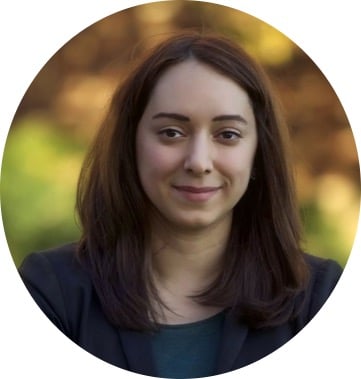
Sarvenaz Sarabipour, Ph.D.
Assistant Scientist
My research focuses on computational analysis of the endothelial receptors and corresponding signaling networks that regulate angiogenesis. We build in silico multi-scale models to simulate and understand the effect of growth factors and therapeutics on human physiology and pathophysiology. I study vascular endothelial receptor (VEGFR) regulation of angiogenesis, complicated by the ischemic conditions in peripheral artery disease (PAD) and diabetes. The models enable us to design specific interventions, targeting VEGF signaling, that promote angiogenesis.
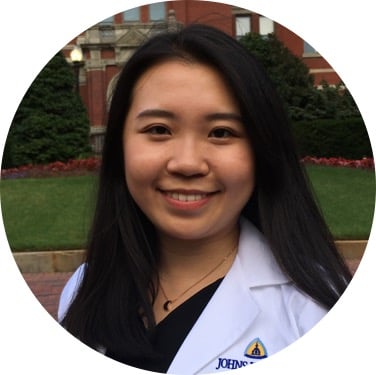
Inez Lam
Ph.D. Candidate, Biomedical Engineering
My passion lies at the intersection of medicine and technology, and I am fascinated by how we can use computational models and techniques to improve human health. As one of the inaugural Johns Hopkins-AstraZeneca Scholars, I work with researchers at Hopkins and MedImmune to develop a systems pharmacology model of antibody-drug conjugates (ADCs) for cancer therapy. These models will allow us to better understand the influence of ADC properties on their pharmacokinetics and pharmacodynamics, translate from molecular mechanisms of action to clinical efficacy, and ultimately design better treatments for cancer patients.
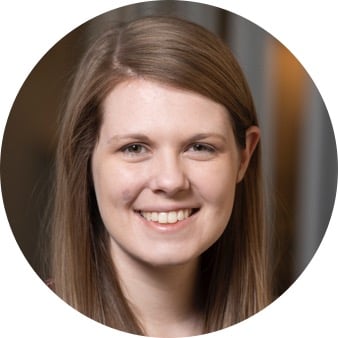
Christy Pickering
M.D.-Ph.D. CandidatE
My interests lie in cancer research and how we can harness technology to further our understanding of metastasis and improve our treatment design for cancer. I am specifically focused on mechanistic modeling of IL6/IL8 signaling and its effect on metastatic cancer cell motility, with the aim of developing a model that predicts cell behavior and response to therapeutic intervention. With multi-scale models, we can study how changes at the cellular level affect disease in the full person. In addition to my research, I am a medical student in the Johns Hopkins School of Medicine.
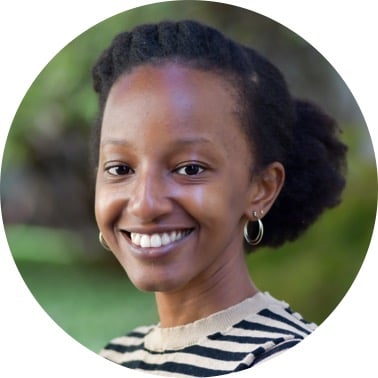
Wangui Mbuguiro
Ph.D. Candidate, Biomedical Engineering
My research focuses on developing mechanistic models of cell growth and signaling to better understand diseases such as endometriosis and fibroids. I am fascinated by the molecular variations that exist not only between people with and without these diseases, but also between two people with the same diagnosis. I currently work to develop computational models that synthesize data from the cellular to symptom level to improve patient classification and treatment.
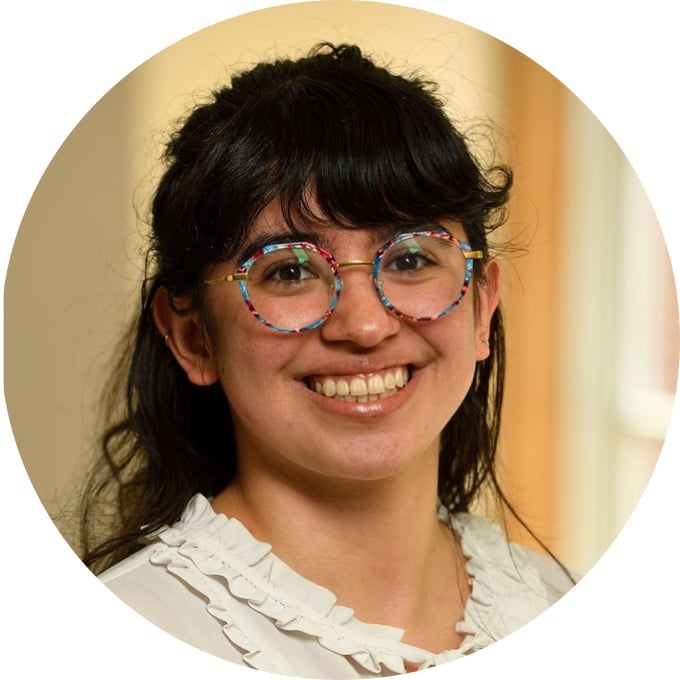
Adriana Gonzalez
M.D.-Ph.D. Candidate
My research interests are in the crosstalk between our immune system and the microorganisms it encounters, including our commensal microbiota. I’m excited by the complexity of these systems and hope to harness large-scale statistical methods as well as computational models to translate these interactions into meaningful insight clinically.

Amy Gill
Ph.D. Student, Biomedical Engineering
My main research interest is quantitative modeling of cancer cell regulatory networks to understand how cell decision processes are altered in cancer. Topics that excite me include time series modeling of treatment effects on cancer cell signaling, the impact of tumor heterogeneity on molecular circuitry and treatment response, longitudinal analysis of patient tumors, and evolution of chemoresistance in cancer. I am also passionate about improving and expanding quantitative biology education, as well as diversity and inclusion in STEM fields.
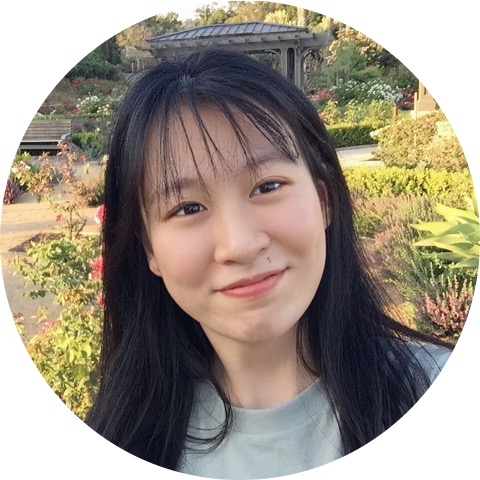
Candice Liu
Master's Student, Biomedical Engineering
My research focuses on the activity of Bone Morphogenetic Proteins (BMPs) signaling and their mechanism to affect cell growth, apoptosis, and differentiation. I am interested in developing the computational model for the BMPs signaling and exploring a new view to explain these interactions on the cell level.

Luke Morina
Master's Student, Biomedical Engineering
I am interested in utilizing both engineering and data science techniques to characterize biological systems. In my current project, I am using computational modeling to explore the gamma-chain cytokine signaling network in the context of the immune system. More specifically, I am starting with the interleukin 21 (IL-21) signaling pathway in B cells as part of the adaptive immune response. I intend to continue to build out this model to include the full suite of gamma-chain cytokines in order to assess the behavior of the entire network.

Chloé Paris
Undergraduate, Biomedical Engineering
My passion lies in finding ways to use computational models and data science to improve women’s health, in particular using personalized medicine. My research focuses on hormone modeling and analysis of current models through optimization, sensitivity analysis and visualization. With these models I hope to explore the population variability of the menstrual cycle and the effect of perturbations to the system by simulating both individuals and populations.

Wendy Wu
Undergraduate, Biomedical Engineering
